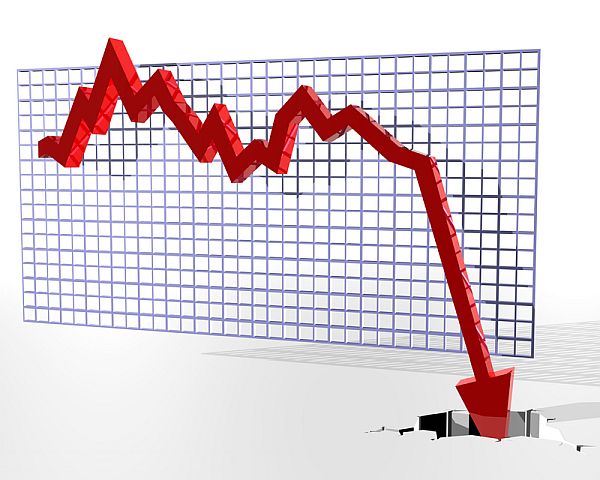22 Aug 2012

Beauty is in the eye of the beholder. And it seems the same can be said of productivity.
The recent review of the Fair Work Act led the ACTU’s Assistant Secretary, Tim Lyons, to opine: “The industrial prescription is right for productivity”. Very few agree with him.
So why is industrial relations set to be such a divisive issue as our economy experiences growth and structural change?
Determining whether the Fair Work Act can help Australia deliver in a climate of transformational economic change should be a major part of our assessment of its worth.
Yet it is a test that is sorely missing from the review’s ‘move on, nothing to see’ report.
More than half of the world’s liquefied natural gas (LNG) export projects under construction are Australian, with Australia currently hosting the largest oil and gas investment boom on record and around $180 billion worth of projects.
Individually, these are some of the biggest projects ever undertaken in Australia. Collectively, they account for more than 35 per cent of all business investment.
And more may be on the horizon, as global economic trends play to our strengths. However the ongoing development of local oil and gas sector should not be taken for granted.
Accessing skilled labour is essential for our industry. Rapidly rising development costs have the potential to undermine the economic payoffs. They may even see contracts lost to other resource exporters.
Therefore, it is difficult to overstate the importance of overcoming structural barriers and avoiding government policies that unduly contribute to escalating development cost and risk profile.
The Fair Work Act review panel made a great deal of there being no significant increase in industrial action (as measured by days lost) since the FWA Act took effect. But while aggregates may look fine on the surface, it is what lies beneath that counts. It is at the enterprise level – or at the level of the individual project – that we can test how well it allows the economy to deliver change.
Productivity Commission Chairman Gary Banks says productivity improvement is dependent upon both incentives (competition) to provide the reason to be more productive, and increased flexibility and capability, which improve our ability to be more productive.
Which brings us back to the Fair Work Act and labour productivity; how does it improve our ability to be productive in a changing world?
Minister Shorten said the review panel’s report: Towards more productive and equitable workplaces, has shown the Fair Work Act has “struck a good balance … without hurting competitiveness, without increasing industrial action or prompting excessive cost increases”.
This has not, in many cases, been the experience of the oil and gas industry. What may be airily advanced ‘in general’ is often countered in the specific.
Spurious claims of “safety” issues by the Maritime Union of Australia have prevented equipment moving to the $43 billion Gorgon LNG project on Barrow Island. Poor labour productivity is causing a backlog on the wharves and the use of a Netherlands-flagged vessel to clear it has spawned a campaign by the MUA aimed at protecting a closed shop.
It won’t show up in national figures of days lost due to industrial action, but the campaign adds delay and cost to a project vital to Australia’s future. Ultimately, it will force the project’s developers to look at other options for procuring equipment and material, putting at risk local jobs and supply contracts.
Another major issue is the Fair Work Act requiring project developers to negotiate exclusively with relevant employee organisations, meaning that unions can expose major projects to unreasonable demands.
Project schedules and the implications of delay limit options to developers and there is anecdotal evidence of labour cost increases of 35 per cent per annum in offshore oil and gas construction projects in Western Australia and Victoria.
Minister Shorten’s interpretation of the review seems particularly heroic, when you consider that page 171 of the Panel’s report references “capricious bargaining conduct of unions during greenfields negotiations” and concludes that: “there is a significant risk that some bargaining practices and outcomes associated with greenfields agreements potentially threaten future investment in major projects in Australia.”
It says: “Unions in this position are able to withhold agreement and effectively prevent the determination of terms and conditions in advance of a project commencing. In light of the evidence we were presented about the need for certainty over the labour costs associated with major projects, we are concerned at the risk of delays in greenfields agreement making that this entails.”
Australia could see a further $330 billion in oil and gas sector investment in the period to 2020, which represents incredible opportunities, and which we should be capitalising on, not hindering.
When it comes to our industrial relations legislation, we should be wise enough to recognise that while beauty may be in the eye of the beholder, our success as a nation will be tested against a more objective standard.
David Byers is APPEA’s Chief Executive.

